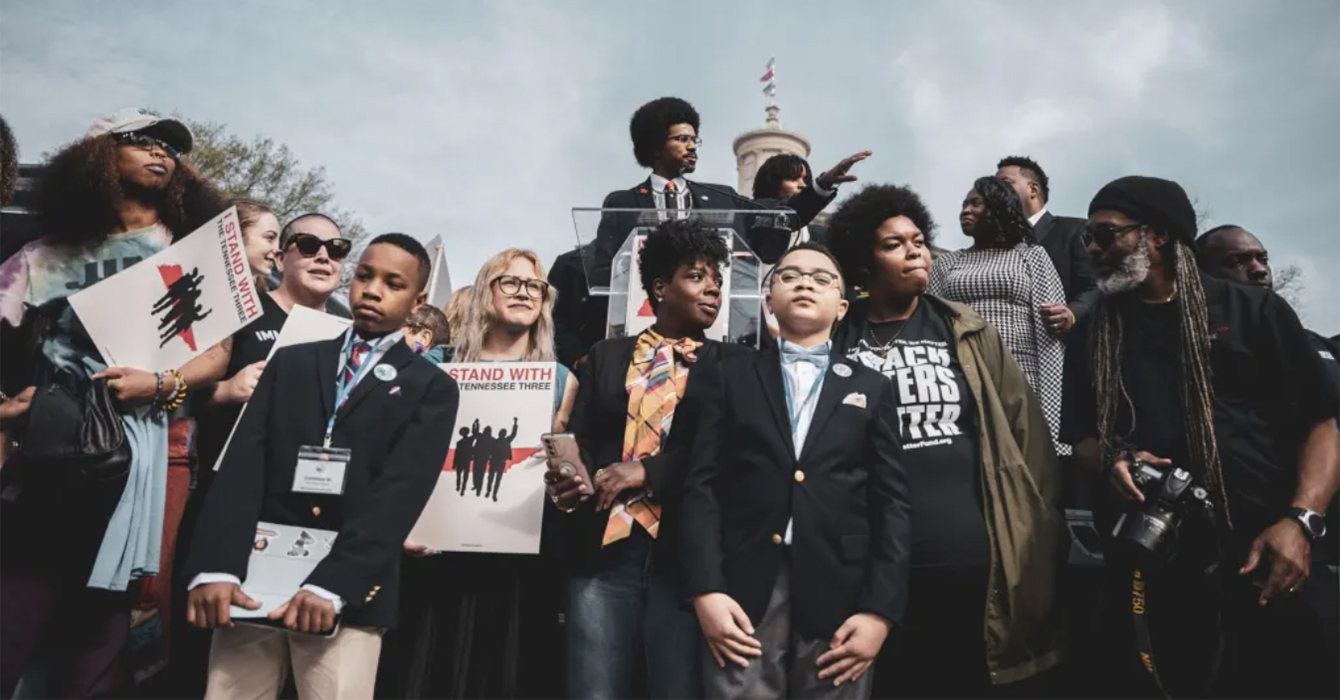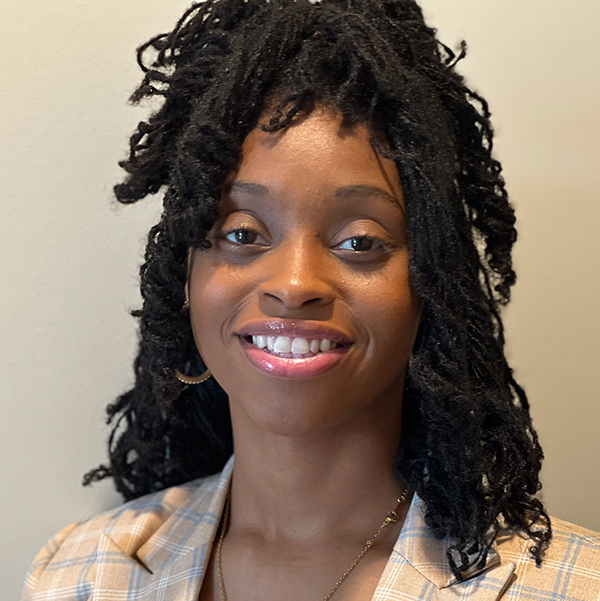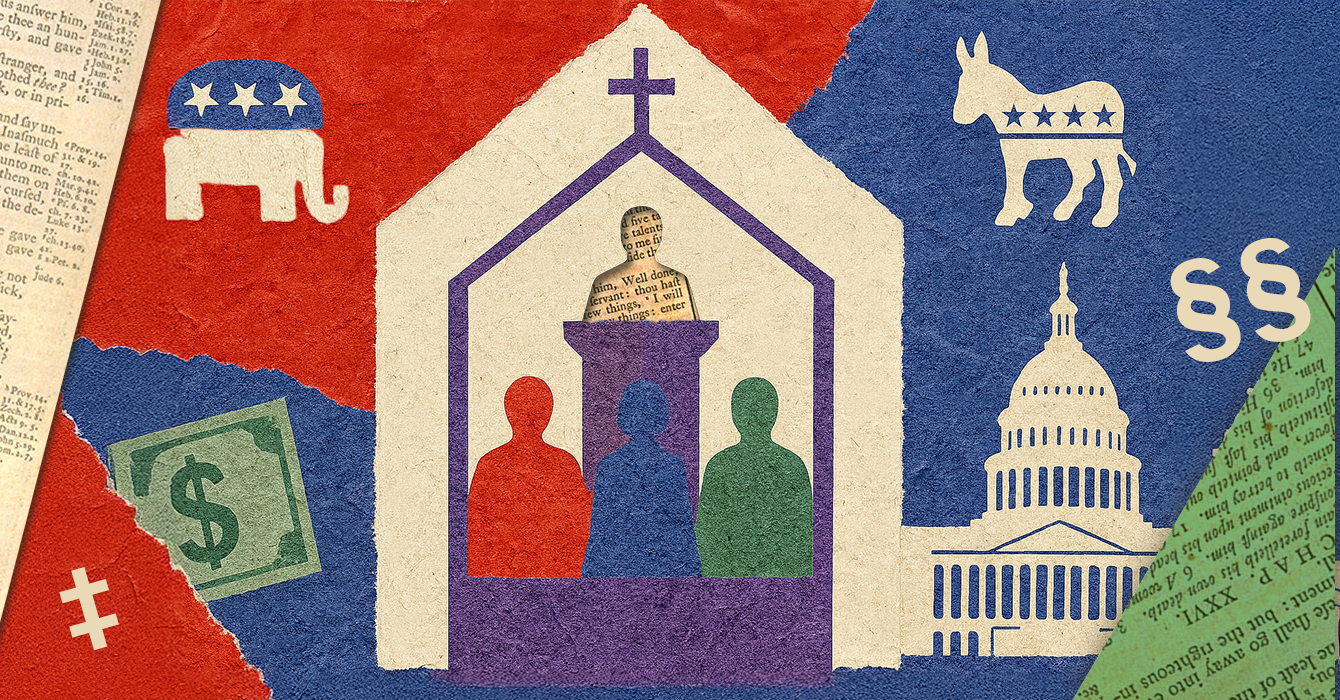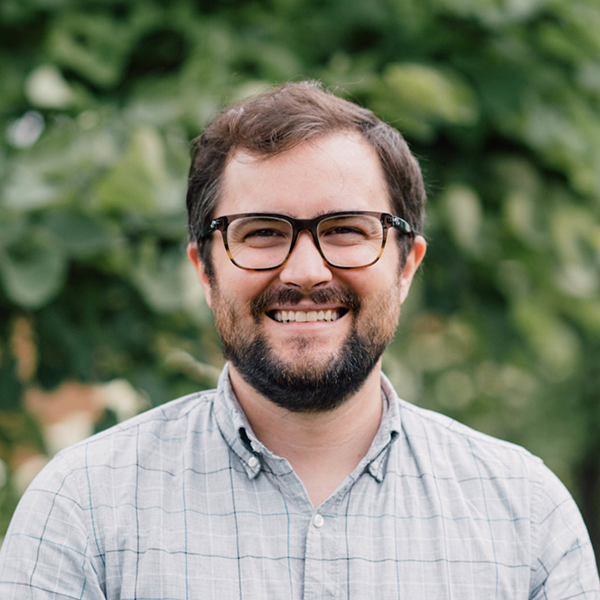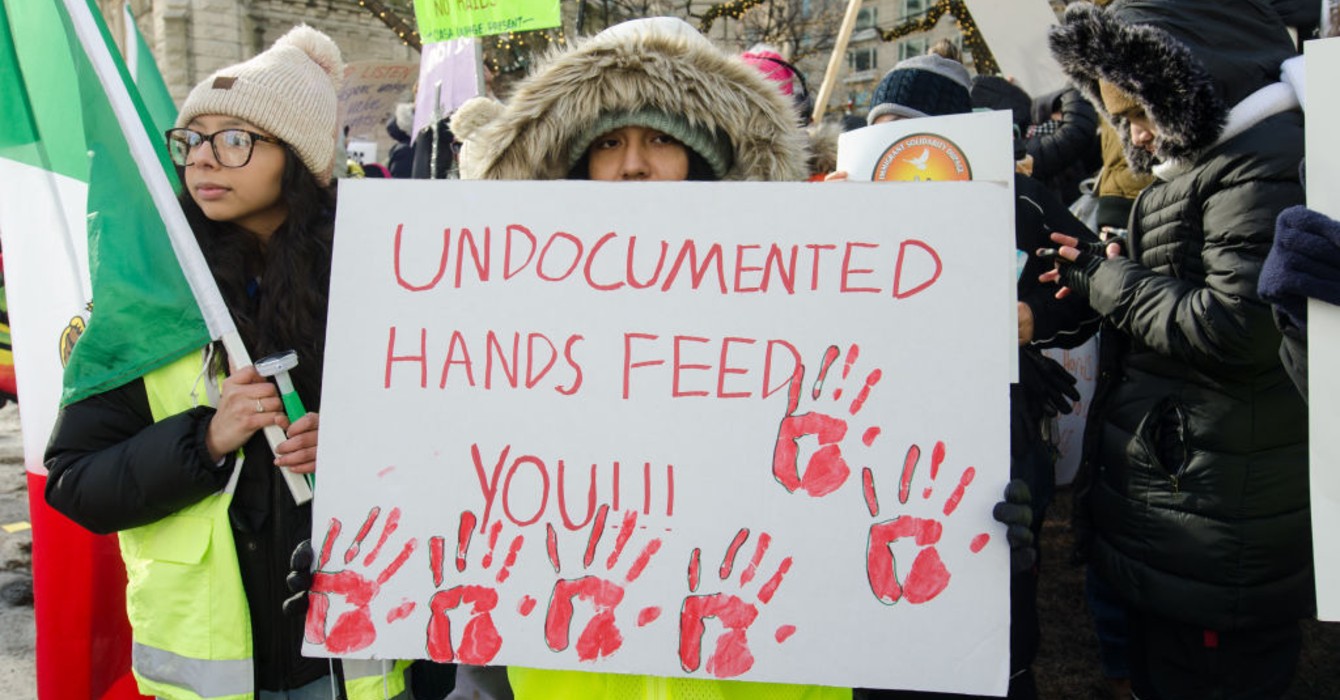After being expelled from the Tennessee House of Representatives for engaging in protest for gun reform, Rep. Justin J. Pearson demonstrated that his work is not just on behalf of the people or even just with the people; his work is Black faith embodied.
The Sunday following his expulsion, Pearson preached an Easter sermon in which he made clear that he’d mastered the homiletical genius and the sociopolitical hermeneutic of hope often found in conscious or prophetic Black preaching. And he is in good company.
He is a descendant of liberating faith traditions that have marked their identity by the life of a revolutionary Jesus resurrected in these contemporary civil rights movements.
Across generations, Black preachers have often been the voice, face and front-line leaders of freedom struggles. That truth remains evident in Pearson’s work as grassroots organizer, nonprofit founder, state representative and invigorating preacher whose audience crosses socioeconomic and racial lines.
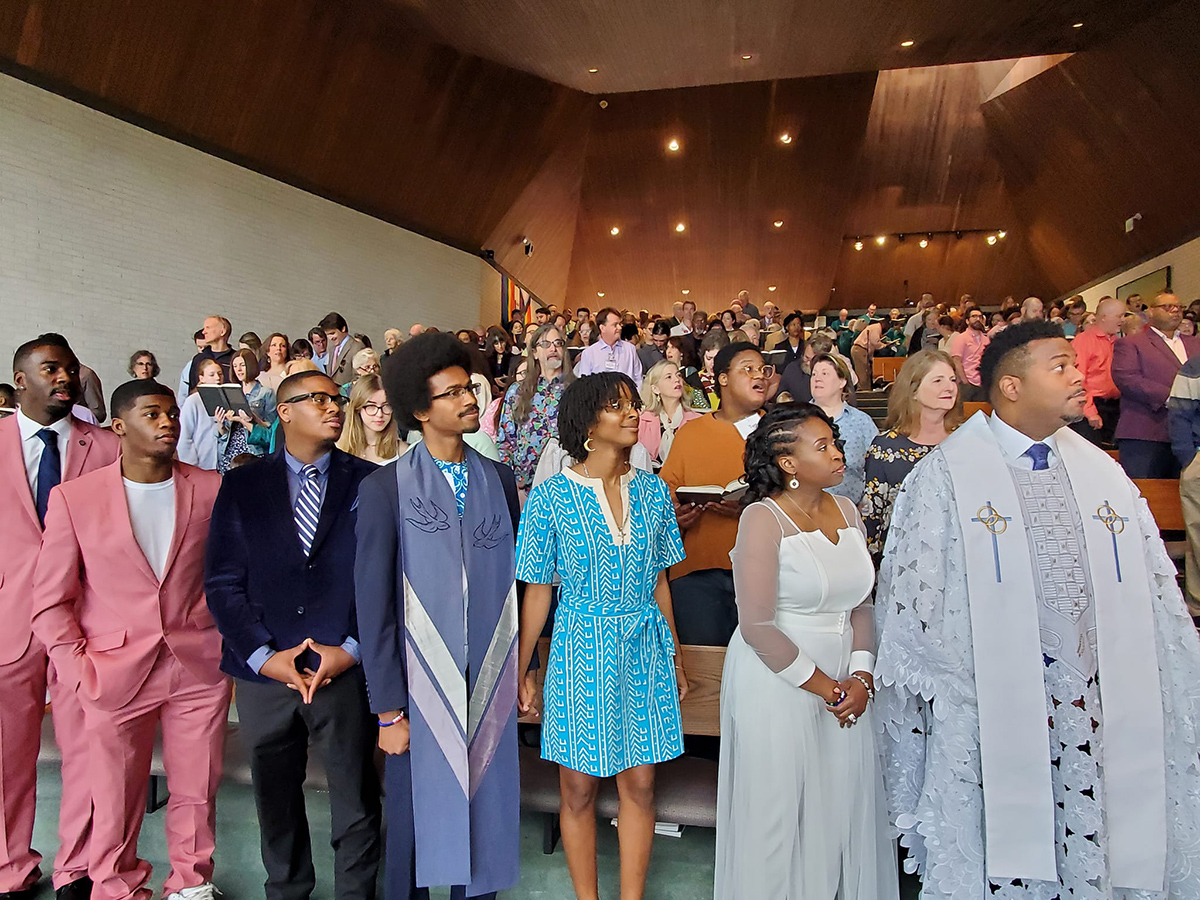
Pearson appears to recognize this truth, as he began his sermon by calling the names of his own ancestors — Annie Ruth, Flossie, Evaline, Lavenia, Gwen, Kimberly, Jason — and the great cloud of witnesses who have taught us what it means to believe that “the true measure of a [person] is not how [that person] behaves in moments of comfort and convenience but how [that person] stands at times of controversy and challenges.”
Though the myth of inevitable progress coupled with our violent realities may make the future appear bleak, I am encouraged by the voices of my peers across the nation, including the public faces such as Pearson and his fellow state representative Justin Jones, as well as by the quieter workers who are also making major contributions to freedom struggles.
I’ve personally worked with leaders such as the Rev. Kazimir Brown of the Poor People’s Campaign and the Rev. Kendal McBroom, the director of civil and human rights at the General Board of Church and Society of the UMC. They are the evidence that the spirit of Black liberation theology is still moving among us.
I’m inspired by what I am witnessing.
I watched the events in Tennessee unfold, and it seemed as if half the world stopped. I was reminded of the power and purpose of our proclamations, the possibility of realized liberation as a result of liberating theologies.
Many people are moved by the sounds of Black preaching, the oratorical passions and homiletical theater of it all. But in these traditions, the words must be embodied. The Black preaching tradition is a matter of prophetic proclamation that begins in individual study and does not conclude unless or until the sermonic moment has been embodied. Both speaker and hearer become the word daily lived into the world as co-laborers with God in efforts to usher in a more just world.
No matter where we find ourselves after the Sunday morning gathering, what we believe about who God is and how God is at work in the world as a result of that moment will dictate how we engage the world around us. Engaging that experience responsibly is especially weighted for Black faith leaders who have positional authority in particular occupations.
Though the House floor is not an inherently spiritual space (or prophetic in its intended work), there is a spirit that is inextricably linked to the faith in public witness that Black leaders carry with them into diverse occupational spaces, because our proximity to power never saves us from death-dealing politics and policies. Therefore, to be a politician and descendant of Black preaching is also to be the personification of prophetic witness in the face of injustice.
The March 27 shooting at The Covenant School in Nashville is not only one of 163 mass shootings in the U.S. as of this writing in 2023, but it is couched within a history and culture of gun violence across generations. Be it by the bullets of police, of neighbors, of racist vigilantes, of white supremacists with Nazi manifestos, of hooded evangelicals or of “friends” on camping trips, Black people are familiar with the violence being inflicted upon the nation right now.
Furthermore, we are familiar with the apathy and inaction of legislators who serve as co-conspirators with the lobbyists, corporations and millionaire classes that benefit from the crosses we’re all being forced to carry.
While it is imperative that we recognize the unique struggle of children being gunned down in schools, it is also important for us to recognize the interconnectedness of our suffering and the shared source of that suffering.
In the words of the Rev. Dr. Martin Luther King Jr: “Whatever affects one directly, affects all indirectly. … This is the interrelated structure of reality.”
Our hope, therefore, may be found in our collective will not to stand down. What took place in the Tennessee House is evidence of what could and should take place across the U.S.
The expulsion of Pearson and Jones from the legislative body coincided with Holy Week and Resurrection Sunday and signifies the hope we embody when we choose to reject the cross in all its death-dealing variations.
We are surrounded by crosses, and those crosses must be dismantled. Second Amendment crosses upon which our nation’s children are sacrificed. Crosses of capitalism upon which the poor and dispossessed are hung. Crosses of white supremacy upon which those who voice dissent are nailed.
Black and brown people who are being sacrificed on the altar of power for the sake of the crosses of dominion must be saved. We are living in existential hells from which we can be redeemed only when we choose to resurrect the spirit and ideology of a crucified but resurrected Jesus.
Pearson and his colleagues are standing within a lineage and legacy of Black faith leaders who have done just that. They are doing the work of moving the pulpit into the public sphere.
This begs the question: Who are we when the hour of “worship” has ended and we are surrounded by the spirits of Golgotha’s hill? When we find ourselves drunk with congregational praise, visions of Calvary should sober us into righteous indignation — until freedom.

